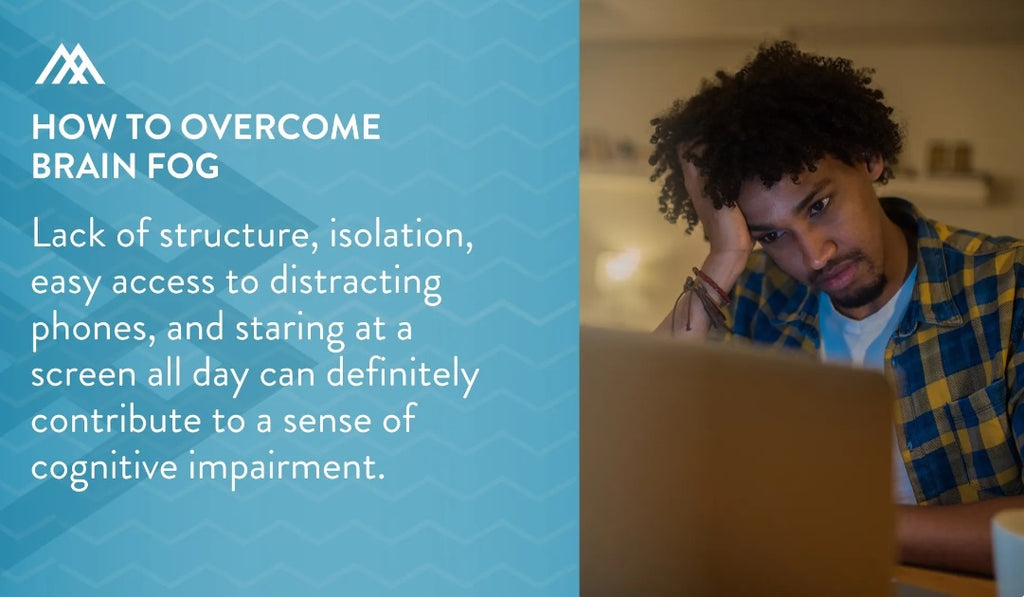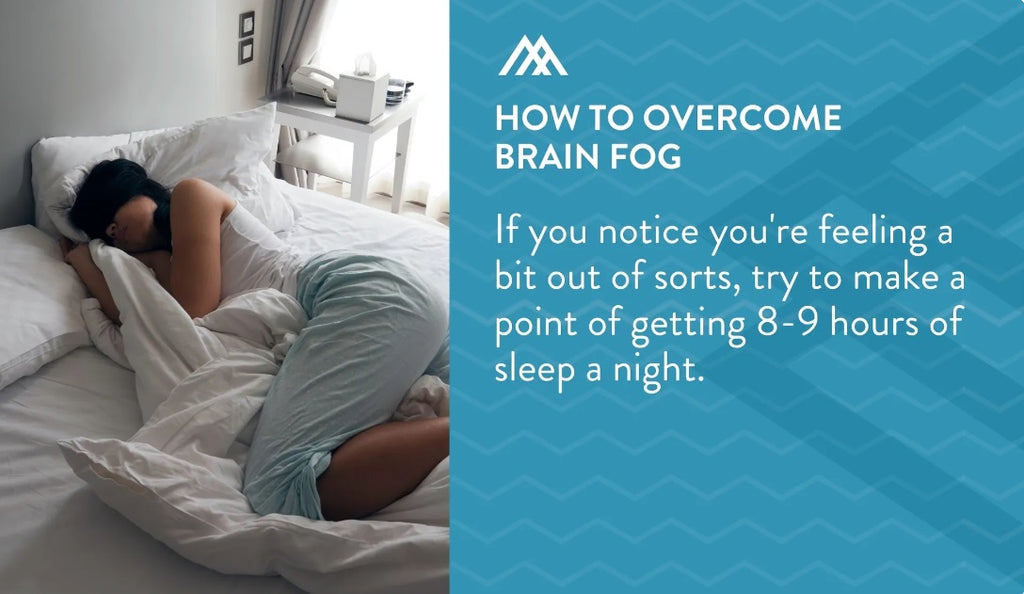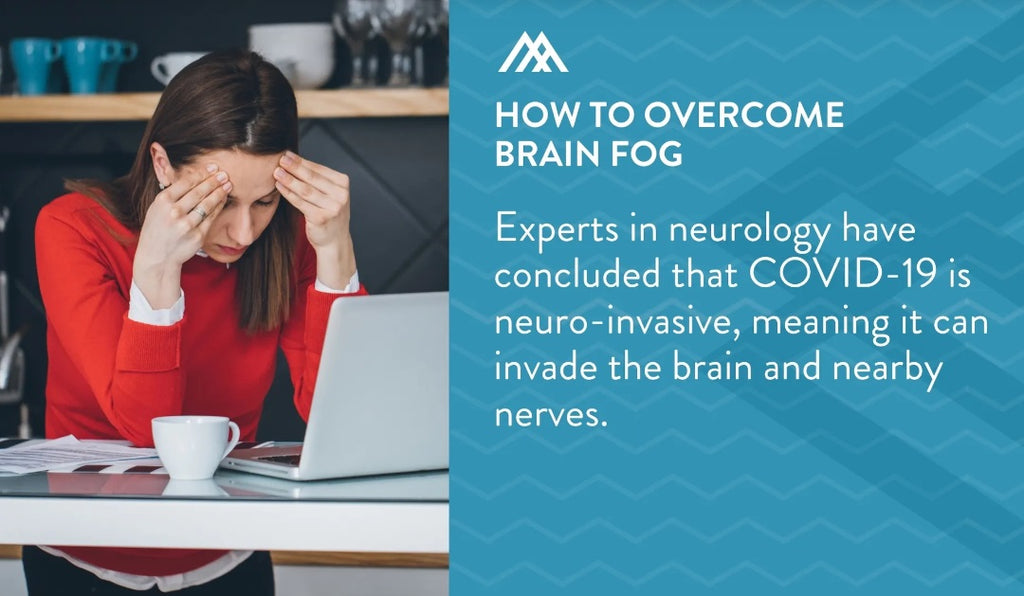Your Cart is Empty
Subscribe to your favourite Amandean products today to make sure you never have to worry about running out and Save 10% too!
Subscribe to your favourite Amandean products today to make sure you never have to worry about running out and Save 10% too!

February 17, 2021 4 min read
A lot of people pass off their forgetfulness as a sign of aging, or just the result of a crazy day with a lot on their minds. Also called mental fatigue, the symptoms of brain fog can range in severity, but usually include memory problems (usually short-term memory loss), trouble concentrating, difficulty focusing, and a general lack of mental clarity or haziness, hence the "fog".

Mental fog can affect your job performance by making you feel scatterbrained, disorganized, or forgetful. This can also spill over into your personal life, making hobbies and connecting with others problematic. Especially now, mid pandemic, people are experiencing brain fog like never before. Lack of structure, isolation, easy access to distracting phones, and staring at a screen all day can definitely contribute to a sense of cognitive impairment. For those who have contracted the coronavirus or are dealing with other health problems, brain fog is a clear and persistent side effect. If you are experiencing symptoms that last for more than six months, this could be chronic fatigue syndrome. A call to your physician is recommended.
There are a host of things that can bring about brain fog, some short-term and some long-term. No matter how severe your brain fog seems, it should not be ignored. In order to properly treat brain fog, we have to get to the root cause:



Diagnosing and treating brain fog can be tricky and will require the help of a healthcare professional. In most cases, the actions listed below can help restore your mental clarity. In more severe cases, especially in those with chronic fatigue syndrome, a doctor will need to provide detailed, personalized, medical advice to help you once again fire on all cylinders. To prioritize your physical and mental wellness and beat brain fog make sure to:
This year, we need to remain as flexible and adaptable to the changes and uncertainties we are sure to face. All of the above points can not only help keep your brain sharp and reduce mental fog but are also great pillars for your general wellness. Try to keep your goals short-term, buildable, realistic, and focused around nature, socialization, and social good (from a distance of course).
Lack of structure, isolation, easy access to distracting phones, and staring at a screen all day can contribute to a sense of cognitive impairment.
If you notice you're feeling a bit out of sorts, try to make a point of getting 8-9 hours of sleep a night.
When the hormones estrogen and progesterone are not regulated, (common during pregnancy and menopause), short term cognitive problems may arise.
Experts in neurology have concluded that COVID-19 is neuro-invasive, meaning it can invade the brain and nearby nerves.
Take our quiz and find which supplements your body is craving.


April 01, 2024 7 min read

March 26, 2024 7 min read

February 27, 2024 6 min read